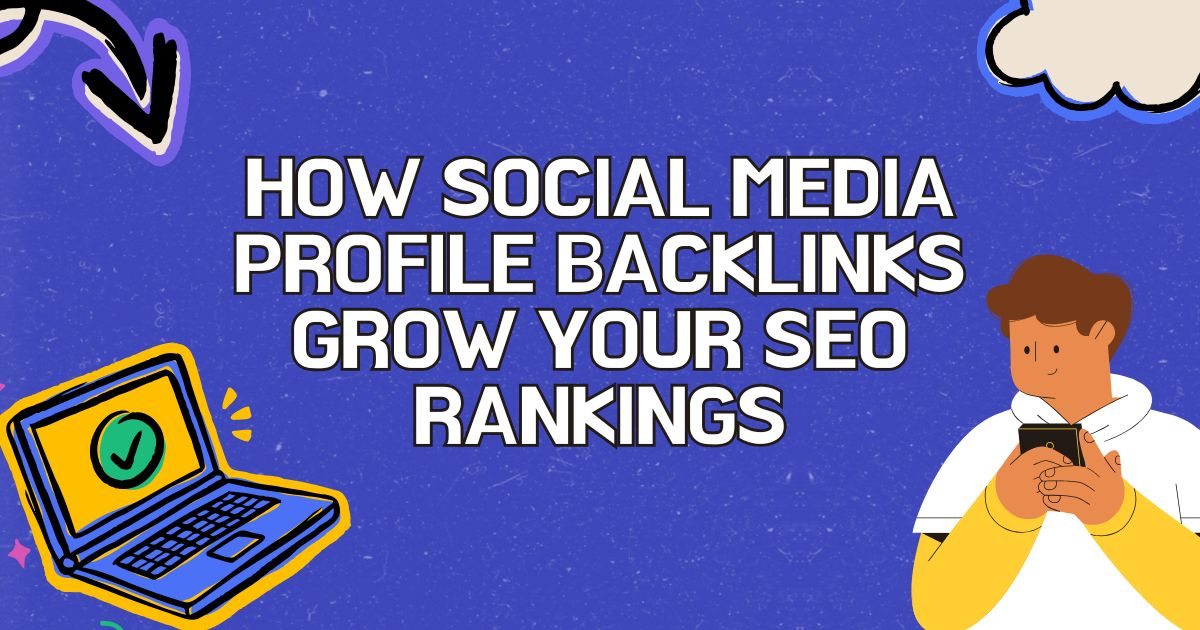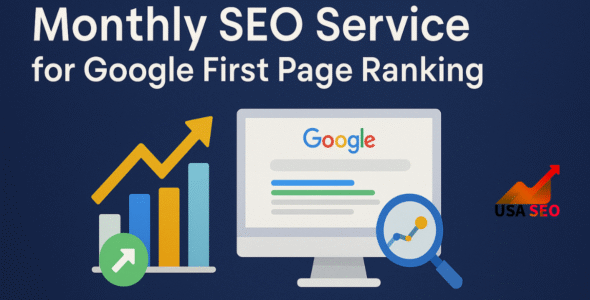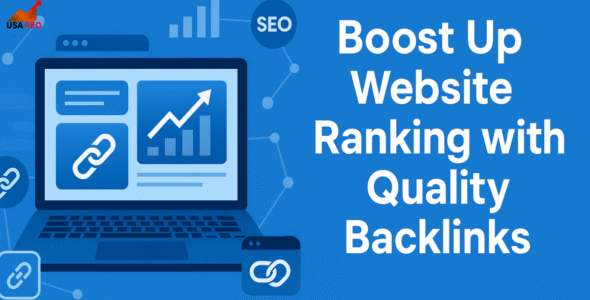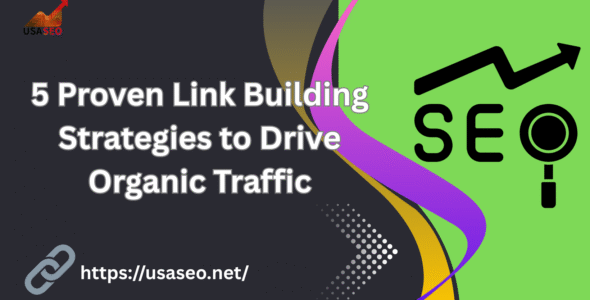Social media profile backlinks play a vital role in boosting SEO rankings by enhancing your website’s visibility and credibility. When you include backlinks to your site on popular social platforms like Facebook, Twitter, LinkedIn, and Instagram, you create additional pathways for users to discover your content. While these backlinks are typically No follow (not directly passing SEO authority), they still contribute to your overall online presence.
Search engines view active social media profiles as indicators of credibility and relevance, helping to improve your site’s ranking. Additionally, social media backlinks drive referral traffic, increasing user engagement and interactions. The more traffic and engagement your website receives from social media, the better your site’s performance in search engine results. Over time, this can lead to improved domain authority and better organic search rankings, making social media profile backlinks a key strategy in your SEO efforts.
Introduction
In the current digital environment, both people and companies must have a strong online presence. One of the most effective ways to enhance your website’s visibility and improve search engine rankings is through the use of backlinks. While traditional backlinks from websites remain crucial for SEO, social media profile backlinks have also emerged as an important factor in boosting online visibility. These backlinks, placed on platforms like Facebook, Instagram, LinkedIn, and Twitter, help connect your social media presence with your website, driving traffic and increasing brand exposure.
In this article, we will explore the significance of social media profile backlinks, how they impact SEO rankings, and how you can leverage them to improve your website’s performance in search engine results. By integrating social media profile backlinks into your overall SEO strategy, you can strengthen your online reputation and gain a competitive edge in the digital marketplace.
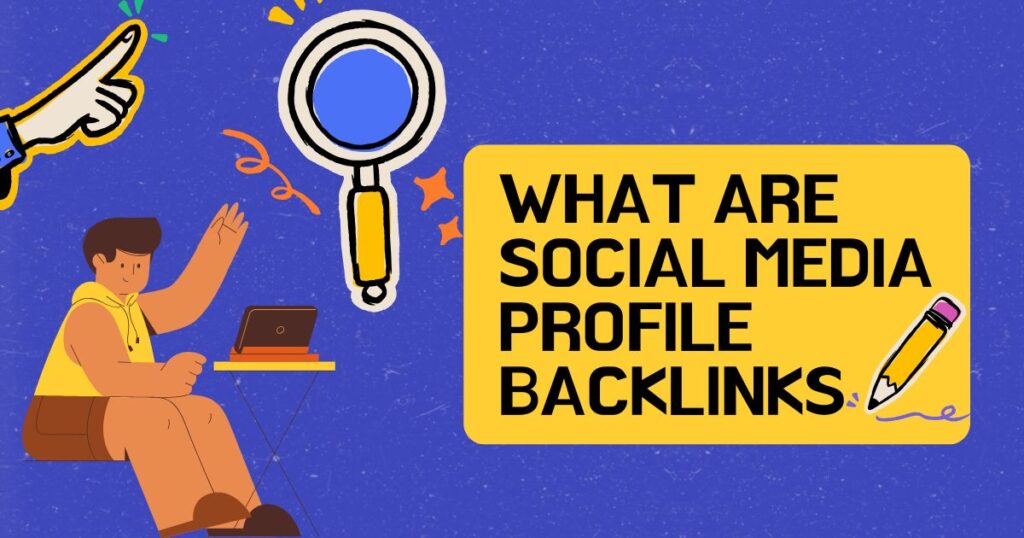
What Are Social Media Profile Backlinks
Social media profile backlinks are links to your website that are placed within your social media profiles, such as in the bio, description, or about sections. These links are typically embedded on platforms like Facebook, Twitter, Instagram, LinkedIn, Pinterest, and other social networks. When users visit your profile, they can click on these links to be directed to your website, generating traffic and potentially improving your site’s visibility.
Unlike traditional backlinks from websites, social media profile backlinks are often categorized as Nofollow links, meaning they don’t pass direct SEO authority or “link juice” to your website.
However, they still provide significant indirect benefits. These backlinks help boost your brand’s online visibility, attract referral traffic, and contribute to social signals—factors that search engines take into account when ranking websites. Additionally, active engagement on social platforms can enhance your online reputation, which in turn can support your SEO efforts.
The Role of Social Media Profile Backlinks in SEO
Backlinks from social media profiles are essential to SEO since they increase a website’s authority and exposure. While these backlinks are typically No follow (meaning they don’t directly pass SEO authority), they still offer significant indirect benefits. Social media profiles act as a powerful signal to search engines, indicating that a website is active, relevant, and trusted. The engagement generated from social media platforms, such as likes, shares, and comments, helps improve brand visibility and can drive referral traffic to your site, which indirectly affects SEO rankings.
Additionally, a consistent and optimized social media presence can contribute to better indexing and crawling of your website by search engines, improving overall site performance. Although not a replacement for traditional backlinks, social media profile backlinks are an essential part of a comprehensive SEO strategy, helping to build brand credibility and boost online visibility.
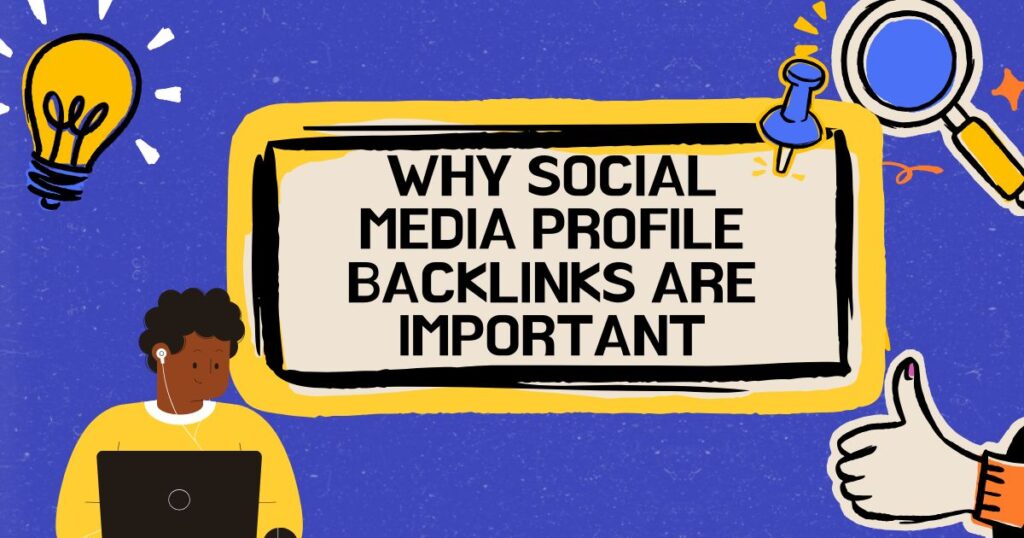
Why Social Media Profile Backlinks Are Important
Social media profile backlinks are crucial for SEO, offering direct and indirect benefits to your strategy and online presence. Here’s why they matter:
- Increased Website Traffic: Social media platforms have billions of active users, providing a vast audience for your website. When you add backlinks to your profiles, you create opportunities for users to visit your website. Even a small percentage of clicks from these platforms can drive significant traffic to your site.
- Improved SEO and Domain Authority: Although “Nofollow,” social media backlinks show search engines your website links to credible profiles. This contributes to your website’s domain authority, which can improve your search rankings over time. Search engines consider active social media engagement as a sign of a legitimate, relevant brand.
- Social Proof and Brand Visibility: Active participation on platforms boosts your brand’s visibility, signaling reliability to search engines and customers. Engaging with users builds social proof, increasing recognition and traffic.
- Social Signals for SEO: Social media backlinks may not directly affect rankings, but shares, comments, and likes influence algorithms, boosting visibility and rankings.
- Enhanced Online Reputation: Active engagement on social media helps build relationships, connect with your audience, and establish industry reputation. This trust and authority extend to your website, increasing its credibility with both search engines and users.
- Opportunities for Link Building: Social media profiles can also serve as a gateway for further link-building opportunities. As your profiles gain credibility, users, bloggers, and influencers may link to your website, boosting your SEO efforts.
In conclusion, social media profile backlinks drive traffic, boost credibility, enhance social signals, and support SEO efforts. By effectively utilizing social media platforms, you can improve your website’s SEO strategy and boost its search visibility.
How to Build Effective Social Media Profile Backlinks
Building effective social media profile backlinks is an important aspect of enhancing your website’s SEO and increasing online visibility. Here’s a step-by-step approach to building these valuable backlinks
1. Complete and Optimize Your Social Media Profiles
Ensure that your social media profiles are fully completed and optimized with relevant business details, such as your name, address, contact information, and website URL. Include your website link in the bio or description section of each platform, making it easy for visitors to click through to your site.
2. Consistent NAP (Name, Address, Phone) Information
Consistency is key for local SEO. Make sure your Name, Address, and Phone Number (NAP) details are consistent across all social media platforms and match the information on your website. That develops confidence & helps area outcomes of searches.
3. Engage in Social Sharing
Regularly share high-quality content such as blog posts, infographics, or videos that link back to your website. Engaging content increases the chances of your posts being shared or linked to, driving traffic and creating indirect backlinks to your site.
4. Participate in Niche Communities
Join relevant groups, forums, and communities on platforms like Facebook, LinkedIn, or Reddit. By engaging in meaningful discussions and sharing valuable resources, you can include your website link in posts, comments, or your profile, generating backlinks.
5. Leverage Profile Links on Multiple Platforms
Different social media platforms (LinkedIn, Pinterest, Twitter, YouTube, etc.) offer opportunities for adding links to your profile descriptions or posts. Use these opportunities across multiple platforms to diversify your backlinks and strengthen your online presence.
6. Create Linkable Assets
Develop content that is valuable and shareable, such as guides, case studies, or exclusive resources. These assets not only attract organic traffic but also provide opportunities for others to link to them from their social profiles, further expanding your backlink profile.
7. Encourage User-Generated Content
Encourage your followers and customers to tag your business and share content that links back to your social profiles and website. This creates more backlinks from user-generated content, which can improve your credibility and online reach.
By following these strategies and consistently optimizing your social media profiles, you can effectively build backlinks that contribute to improved SEO rankings, increased web traffic, and better overall online visibility.
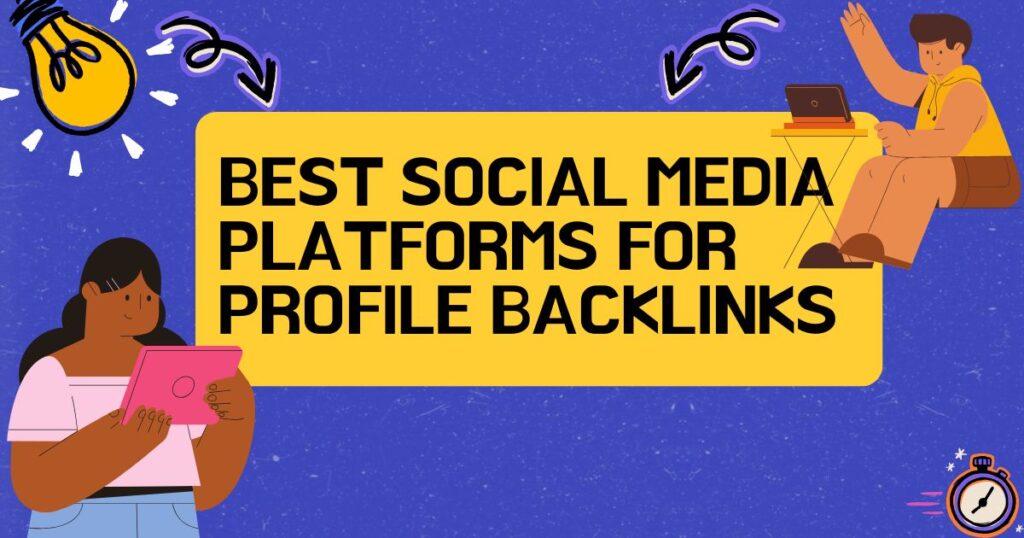
Best Social Media Platforms for Profile Backlinks
When building profile backlinks for SEO, choosing the right social media platforms is essential to maximizing visibility and search engine benefits. Here are some of the best platforms for building valuable social media profile backlinks
1. LinkedIn
LinkedIn is a powerful platform for business professionals and companies. By optimizing your company profile with your website link, you can create a strong backlink that adds credibility and drives traffic. LinkedIn also allows for posting articles and updates, which can contain backlinks to your website.
2. Twitter
Twitter allows you to include a link to your website in your bio. With its large and diverse user base, a well-optimized Twitter profile can drive traffic to your site, especially when sharing tweets that link to your website’s content.
3. Facebook
Facebook business pages provide a great opportunity to include a website link in your profile, as well as in posts. Sharing content from your website on your Facebook page helps build more visibility and can indirectly contribute to SEO.
4. Instagram
While Instagram doesn’t allow clickable links in post captions, your profile bio can include a link to your website. This link acts as a direct backlink, especially when combined with engaging content and Instagram Stories.
5. YouTube
YouTube offers multiple ways to create backlinks. In addition to including your website link in the profile section, you can add it in video descriptions. YouTube videos often rank highly in search results, providing additional exposure to your website.
6. Pinterest
Pinterest profiles and pins may incorporate hyperlinks to your website. By sharing visually appealing content that links to your site, you can drive traffic, enhance brand awareness, and build valuable backlinks.
7. Reddit
Reddit allows users to include links in their profiles and discussions. Participating in relevant subedits and sharing valuable content with backlinks to your website can generate significant traffic and build domain authority.
By strategically utilizing these platforms and adding your website link to profiles, you can build diverse, high-quality backlinks that improve your website’s SEO and drive more traffic to your site.
Common Mistakes to Avoid
When building social media profile backlinks, it’s important to avoid several common mistakes that can undermine your SEO efforts. One major mistake is inconsistent NAP (Name, Address, and Phone) information across platforms, which can confuse both search engines and potential customers. Over-optimization or keyword stuffing in your profile descriptions can appear as spam and may lead to penalties. Failing to update profiles regularly with accurate, fresh content also reduces credibility and hampers the effectiveness of backlinks.
Additionally, using privacy settings that prevent search engines from indexing your profile can render your backlinks useless. Inconsistent branding across profiles can create confusion, and neglecting user engagement will diminish the potential of driving traffic from your social media presence. Lastly, ignoring platform-specific rules regarding backlinks can result in account suspension or penalties. By avoiding these mistakes, you can ensure your social media profiles contribute positively to your SEO strategy and help boost your website’s online visibility.
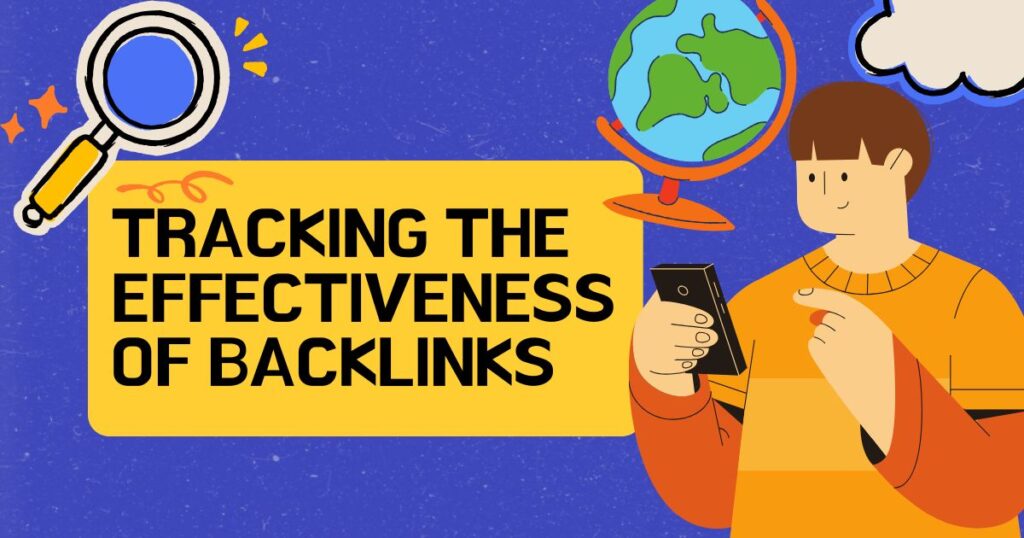
Tracking the Effectiveness of Backlinks
Tracking the effectiveness of backlinks is crucial to understanding their impact on your website’s SEO and overall online visibility. By monitoring the performance of your backlinks, you can identify which ones are driving traffic, improving rankings, and enhancing domain authority. Here’s how you can track the effectiveness of your backlinks
1. Use Google Analytics
Google Analytics is a powerful tool to track traffic coming from your backlinks. By setting up UTM parameters or monitoring referral traffic, you can see how much traffic is coming from specific social media platforms or backlinks on other websites. Tracking landing pages and user behavior after they click a backlink also helps you understand the quality of traffic and whether it leads to conversions.
2. Monitor Search Engine Rankings
Use tools like Google Search Console, SEMrush, Ahrefs, or Moz to track your website’s keyword rankings over time. By monitoring how your rankings change after acquiring new backlinks, you can assess the effectiveness of each link in boosting your website’s visibility for relevant search terms. A significant improvement in rankings suggests that your backlinks are positively influencing SEO.
3. Check Domain Authority and Page Authority
Tools like Moz’s Link Explorer or Ahrefs allow you to track changes in your domain authority (DA) and page authority (PA). Backlinks from high-authority websites may greatly boost your site’s authority, leading to higher ranks and more organic visitors. Regularly checking DA and PA helps you evaluate the quality of the backlinks you’ve acquired.
4. Use Backlink Monitoring Tools
Backlink monitoring tools like Ahrefs, Majestic, or Monitor Backlinks allow you to track the growth of your backlink profile. These tools help you identify new backlinks, monitor lost links, and check the overall health of your backlink portfolio. They also offer insights into the anchor text used and the domains linking to your site.
5. Analyze Referral Traffic and Conversions
In addition to tracking raw traffic numbers, it’s important to analyze the referral traffic coming from specific backlinks. In addition to tracking raw traffic, analyze referral traffic from specific backlinks to see if visitors convert into leads. Using Google Analytics, set up conversion tracking to measure how traffic from backlinks aligns with business goals like purchases.
6. Track Social Media Engagement
For social media backlinks, track how posts and shares with your website link perform in terms of engagement—likes, comments, and shares.
Tools like Sprout Social or Hootsuite help track social media activity’s impact on referral traffic and brand visibility, indicating effectiveness.
7. Review Referral and Backlink Quality
Not all backlinks are created equal. To truly measure effectiveness, you need to evaluate the quality of the sites linking to you. Focus on links from authoritative, relevant websites in your niche. Track whether these backlinks lead to higher engagement and traffic, compared to low-quality or irrelevant links that offer limited value.
By consistently monitoring these metrics, you can evaluate the effectiveness of your backlink strategy and make necessary adjustments. Identifying valuable backlinks lets you focus on building similar high-quality links, improving SEO and driving more organic traffic. Focusing on high-quality backlinks ultimately boosts your website’s SEO performance and helps attract more organic traffic over time.
Future of Social Media Profile Backlinks
The future of social media profile backlinks looks promising as platforms increasingly influence search engine optimization (SEO) and rankings. As search engines evolve, they will place greater emphasis on social signals like engagement, shares, and likes, boosting backlinks. Quality will become more important than quantity, with search engines prioritizing authoritative, niche-relevant profiles.
The rise of user-generated content, visual media, and AI-powered tools will offer new opportunities for creating and automating backlinks. As new social platforms emerge and the integration with local SEO strengthens, businesses will gain more backlink opportunities. Maintaining active, optimized social media profiles will be key to gaining valuable backlinks and boosting search rankings effectively.
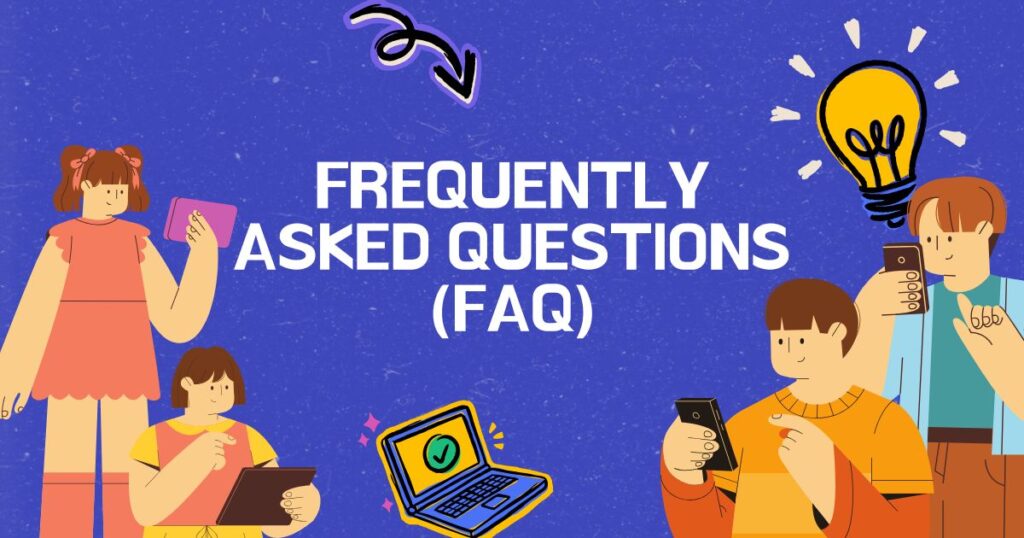
Frequently Asked Questions (FAQ)
What is the role of social media profile backlinks in SEO?
Social media profile backlinks increase a website’s visibility by linking to the site, improving search engine rankings and driving traffic. These backlinks help build credibility, enhance online presence, and contribute to better SEO performance, benefiting overall website growth.
How do I optimize my social media profiles for backlinks?
To optimize social media profiles, ensure they are complete with consistent business details like name, address, and phone number. Include a link to your website in your bio or description, making it easy for users to visit. Regularly post engaging content with links to your site.
Are all social media backlinks equally valuable?
No, the value of backlinks depends on the authority and relevance of the social media platform. High-quality, niche-specific platforms with active engagement are more beneficial for SEO.
Can social media backlinks help with local SEO?
Yes, social media backlinks can boost local SEO by providing location-specific signals, especially when profiles are optimized with accurate business information and local keywords.
How can I measure the efficiency of my social media backlinks?
You can track backlinks using tools like Google Analytics to monitor traffic, Google Search Console to track keyword rankings, and backlink monitoring tools like Ahrefs to assess the growth and quality of your backlink profile.
Conclusion
In conclusion, social media profile backlinks remain a vital element of an effective SEO strategy, providing businesses with valuable opportunities to increase online visibility, drive traffic, and improve search engine rankings. By optimizing social media profiles, maintaining consistent branding, and engaging with audiences, businesses can build high-quality backlinks that contribute to long-term SEO success. As social media continues to evolve and integrate more closely with search engine algorithms, the importance of these backlinks will only grow. By staying ahead of trends and avoiding common mistakes, businesses can effectively leverage social media to enhance their online presence and stay competitive in the digital landscape.
 My Account
My Account 